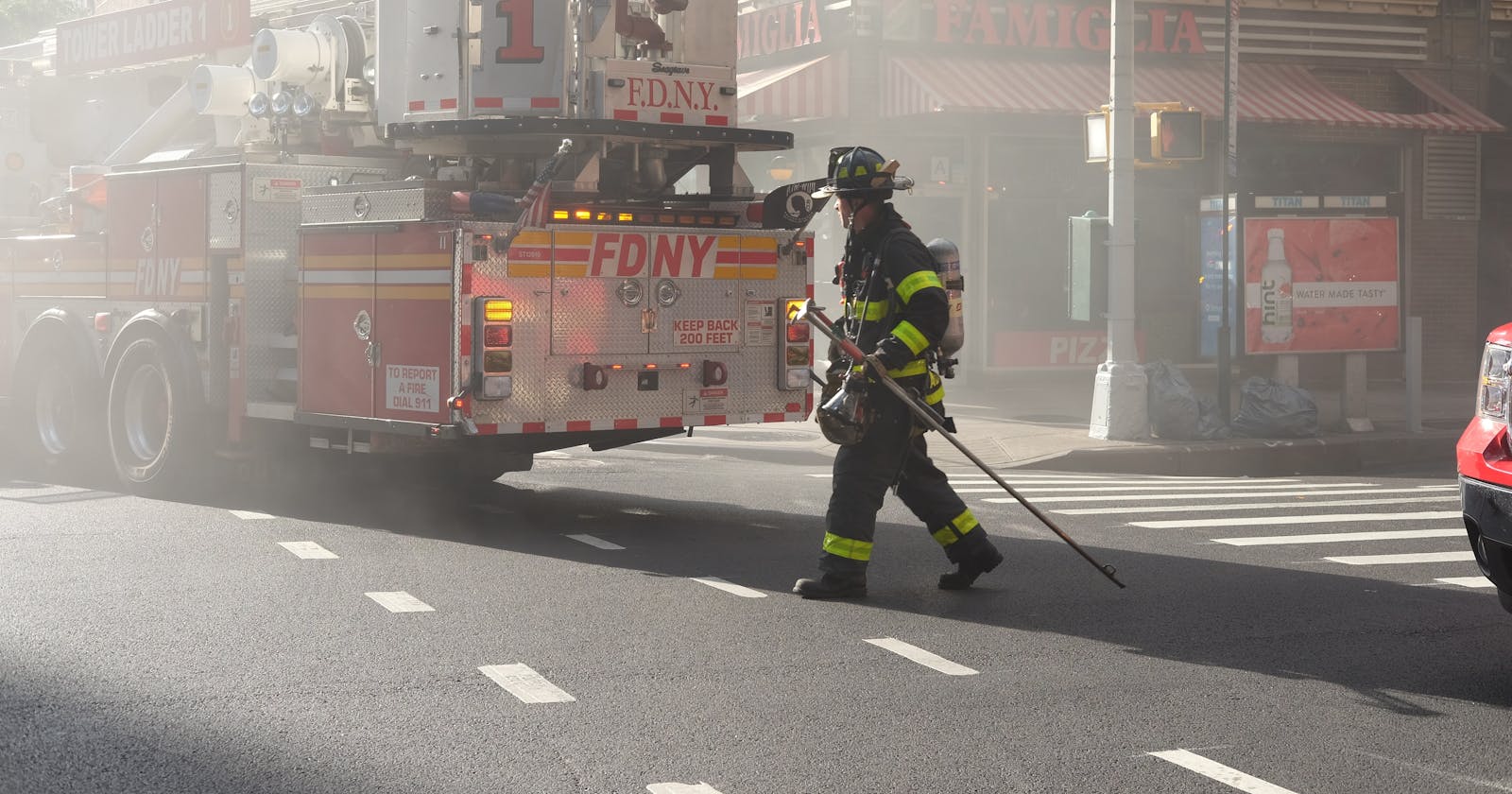As I write this article, millions of people in the United States are preparing to celebrate Thanksgiving with friends and family over a bountiful meal. Unfortunately, though, with all that cooking, accidents can occur.
Think of your home. Fire is one of its greatest risks. Along with the obvious fire hazards in the kitchen, fire can be caused by a variety of events beyond your control such as lightning, wildfires, or even a fire at your neighbor's house. To protect against this risk, you likely have insurance.
Few people ask about the return on investment of insuring your home against a catastrophic event like a fire. Even though you have to make monthly payments to the insurance company, the return, if there is one, is that in the event a fire occurs the insurance can provide a lifeline to help your family recover and start anew.
Of course, you would much rather prevent a fire than deal with its aftermath. To do that, chances are your home has at least one smoke detector, and adding another one probably wouldn't hurt. The smoke detectors are there to help you detect a fire early enough so that the fire can be extinguished and lives and property saved.
Sometimes the smoke detector can be annoying, such as sounding an alarm when something in the kitchen creates a bit of smoke. Despite these annoyances, are you going to question the need for a smoke detector? Probably not. As an alternative, an insurance policy can only help you replace items and belongings, and some things in your home (most of all the occupants) are truly irreplaceable.
Now swap your home for your business. Your business may have liability insurance to protect against events it cannot control that can cause catastrophic loss. But who wants to take a loss first?
Like the smoke detectors in your house, QAs detect problems before they escalate. The tests we run as QAs take a variety of forms, such as regression and performance tests, and sometimes the tests may register a false alarm.
At the same time, though, how can we detect problems before damage becomes more expensive and difficult to repair? Like wisps of smoke, to detect problems before they grow, we should consider sources of data such as:
product analytics
- Do the paths users navigate most often have enough test coverage?
engineering logs
- Are there signs of user frustration, such as refreshing a browser window or force-quitting a mobile app?
app store reviews
- What problems are users reporting?
customer service
Are users requesting help or reporting problems with certain tasks?
Which FAQ or onboarding pages get visited the most?
By looking for the signals that might suggest a problem, QAs can help teams get ahead of problems before they expand. Over time, this will help our teams move from constantly putting out fires to a calmer state of continuous monitoring.
